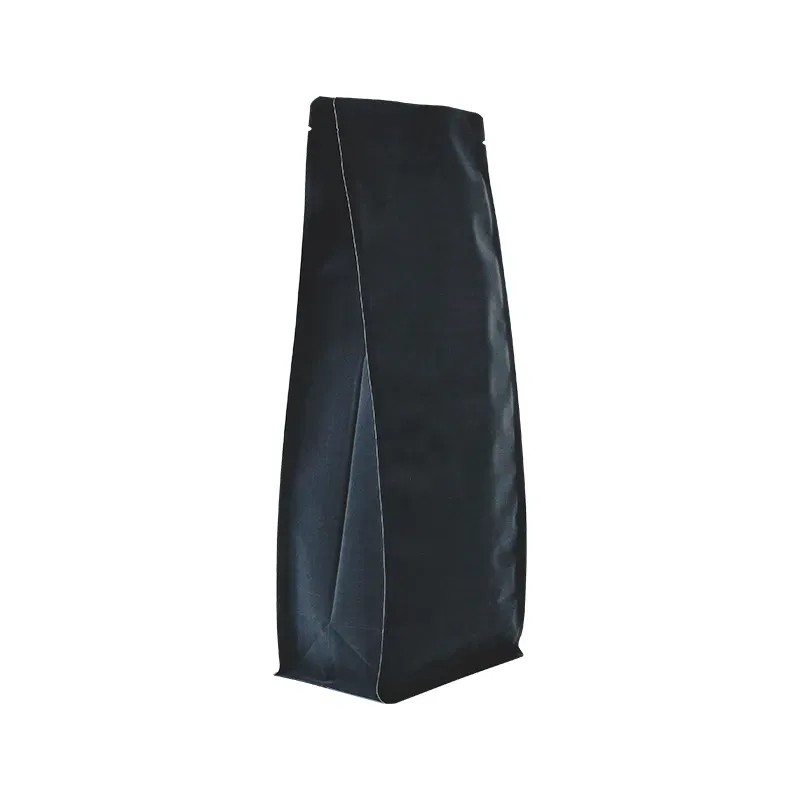- Afrikaans
- Albanian
- Amharic
- Arabic
- Armenian
- Azerbaijani
- Basque
- Belarusian
- Bengali
- Bosnian
- Bulgarian
- Catalan
- Cebuano
- chinese_simplified
- chinese_traditional
- Corsican
- Croatian
- Czech
- Danish
- Dutch
- English
- Esperanto
- Estonian
- Finnish
- French
- Frisian
- Galician
- Georgian
- German
- Greek
- Gujarati
- haitian_creole
- hausa
- hawaiian
- Hebrew
- Hindi
- Miao
- Hungarian
- Icelandic
- igbo
- Indonesian
- irish
- Italian
- Japanese
- Javanese
- Kannada
- kazakh
- Khmer
- Rwandese
- Korean
- Kurdish
- Kyrgyz
- Lao
- Latin
- Latvian
- Lithuanian
- Luxembourgish
- Macedonian
- Malgashi
- Malay
- Malayalam
- Maltese
- Maori
- Marathi
- Mongolian
- Myanmar
- Nepali
- Norwegian
- Norwegian
- Occitan
- Pashto
- Persian
- Polish
- Portuguese
- Punjabi
- Romanian
- Russian
- Samoan
- scottish-gaelic
- Serbian
- Sesotho
- Shona
- Sindhi
- Sinhala
- Slovak
- Slovenian
- Somali
- Spanish
- Sundanese
- Swahili
- Swedish
- Tagalog
- Tajik
- Tamil
- Tatar
- Telugu
- Thai
- Turkish
- Turkmen
- Ukrainian
- Urdu
- Uighur
- Uzbek
- Vietnamese
- Welsh
- Bantu
- Yiddish
- Yoruba
- Zulu
Sustainable and Stylish Kraft Bags for All Your Eco-Friendly Needs
The Rise of Kraft Bags A Sustainable Alternative
In recent years, the push for sustainability has become a defining movement globally, influencing consumer choices and reshaping industry standards. One of the most noticeable shifts is the growing popularity of kraft bags—eco-friendly alternatives to conventional plastic bags. Made from unbleached paper, kraft bags are not only biodegradable but also offer a range of robust features that make them increasingly appealing to both consumers and businesses alike. This article explores the myriad advantages of kraft bags, their environmental impact, and their role in promoting sustainable practices.
Kraft paper, known for its strength and durability, is produced from wood pulp through a process that maintains the natural fibers. This results in a brownish paper that is both sturdy and versatile. Unlike traditional plastic bags that can take hundreds of years to decompose, kraft bags break down relatively quickly in natural environments. This degradation process significantly reduces the accumulation of waste in landfills and minimizes environmental pollution, making kraft bags a responsible choice for eco-conscious consumers.
The versatility of kraft bags makes them suitable for a wide range of applications. They can be used for shopping, packaging, and even promotional purposes. Retailers are increasingly opting for kraft paper bags due to their strength and ability to hold heavy items without tearing. Many brands customize these bags with logos and designs, using them as marketing tools to enhance brand visibility while aligning with sustainability goals.
Moreover, kraft bags are often perceived as a premium packaging choice
. The natural, rustic appearance of kraft paper conveys a sense of authenticity and quality, appealing to consumers who appreciate artisanal and organic products. This aesthetic quality, combined with their environmental benefits, allows companies to attract a demographic that values eco-friendly practices, particularly millennials and Gen Z consumers who are more likely to support brands with strong sustainability initiatives.kraft bags

The transition to kraft bags is not just a trend but a significant step towards reducing plastic consumption in our daily lives. The plastic pollution crisis has prompted governments and organizations worldwide to implement policies aimed at curbing single-use plastics. Consequently, many regions are banning plastic bags or imposing taxes on their use. This regulatory shift has created an opportune moment for kraft bags to fill the void left by plastic bags, providing consumers with viable alternatives that do not compromise on convenience or function.
Furthermore, the production of kraft bags can be less harmful to the environment compared to the manufacturing of plastic bags. While both processes require energy and resources, the raw materials for kraft bags—wood pulp—are renewable, provided that sustainable forestry practices are followed. Many manufacturers are now sourcing their materials from certified forests, ensuring that the production of kraft bags is part of a larger commitment to environmental stewardship.
Handling and using kraft bags also come with practical benefits. They are often designed with strong handles, making them comfortable and easy to carry. Many versions are also lined or treated for moisture resistance, enhancing their durability, especially in wet conditions. This adaptability makes them ideal for various uses, from grocery shopping to packaging gifts and promotional merchandise.
In conclusion, kraft bags represent a sustainable shift in consumer behavior and packaging practices. Their strengths lie not only in their environmentally friendly nature but also in their practicality and aesthetic appeal. As society continues to grapple with the consequences of plastic consumption, the adoption of kraft bags signifies progress towards a more sustainable future. By choosing kraft bags, consumers and businesses alike can contribute to a decrease in plastic waste, promote responsible resource use, and adopt a more sustainable lifestyle. The rise of kraft bags is not just a fashion statement but a crucial movement towards eco-consciousness that can lead to lasting change in our environment and economy.













